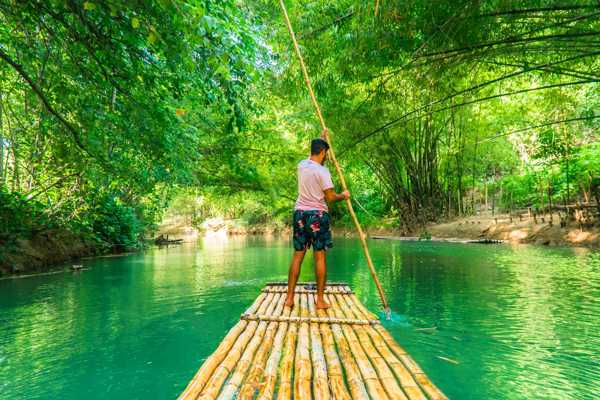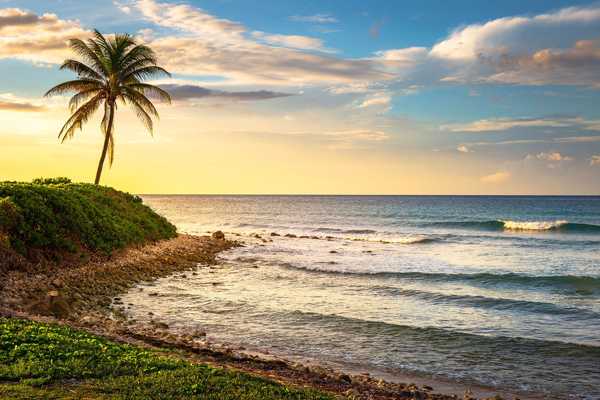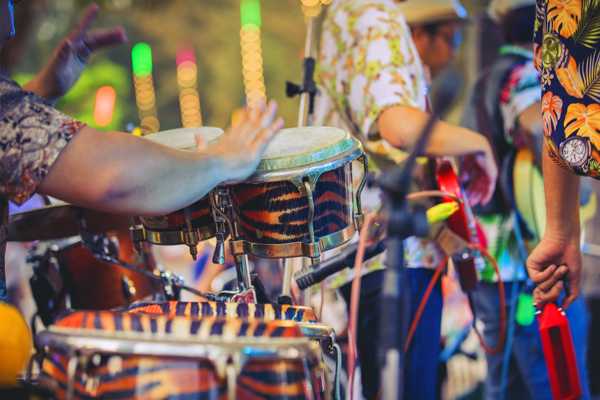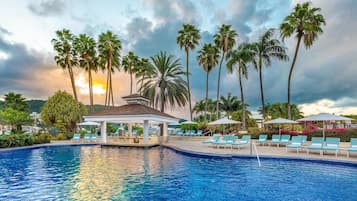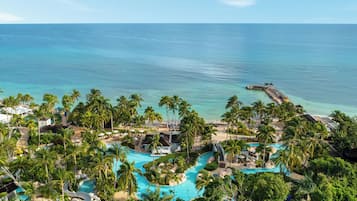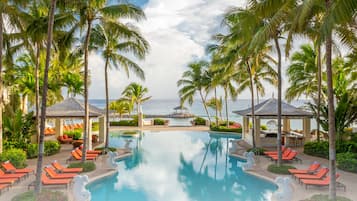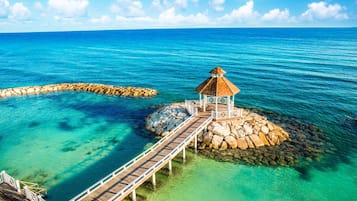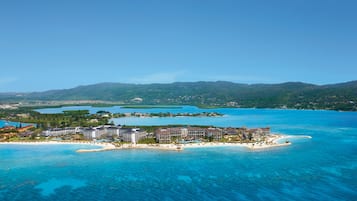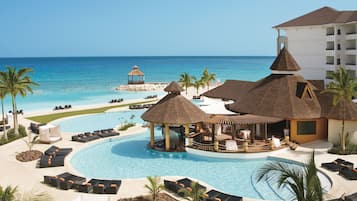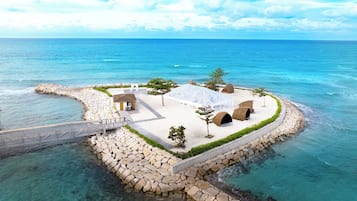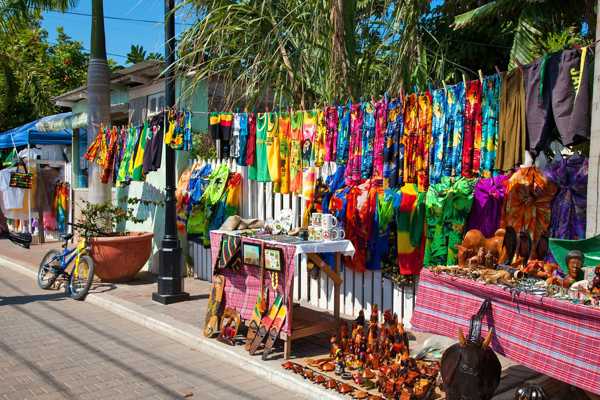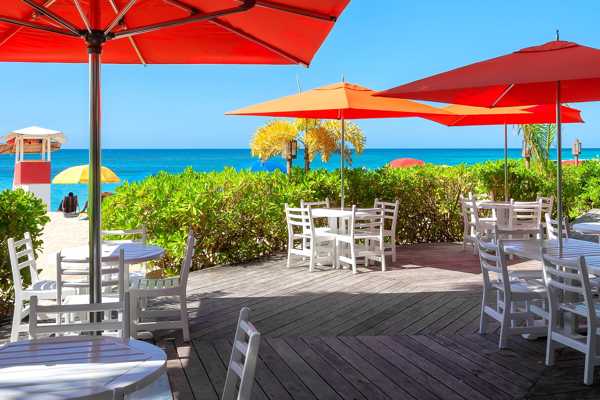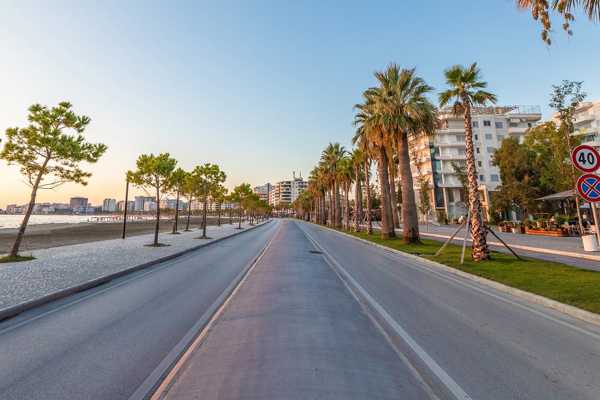The common mistakes people make when visiting Jamaica often revolve around petty crimes and scams, which can happen in any part of the world. Jamaica and its main towns, including the capital of Kingston, get their share of negative headlines along these lines now and then. The best way to avoid it is to always have a certain level of vigilance as well as your common sense at the ready.
Through this handy guide, we show you what not to do in Jamaica on your 1st visit. We also include a few points you should take into consideration when planning your visit to this fascinating island country in the Caribbean.
- 1
Not taking the hurricane season into account
Arrange your travel plans accordingly

The hurricane season in the Caribbean islands (Jamaica included) usually begins in June and lasts through November. Heavy winds and downpours have impacted or brushed Jamaica several times in the past. The recurring weather phenomenon often causes lingering effects, such as flooding in certain areas.
Some travellers consider Jamaica to be well below the hurricane belt and less affected compared to its northerly sister Caribbean islands, with Hurricane Elsa swirling past south-southeast of Jamaica in mid-2021. If you still plan to travel during this period, consider where you wish to stay and what types of activities you plan to do during your visit.
- 2
Not carrying change in Jamaican Dollars
US dollars are accepted but rarely at local shops

Hotels, large businesses, and touristy restaurants in Jamaica would often quote prices in US$. However, for small purchases at a small roadside shop or local jerk shack, you’ll generally have to pay in Jamaican dollars (J$). The same goes for small change.
A rule of thumb is to carry both currencies in moderate amounts according to your day’s plan. Having a few Jamaican dollars ready also helps when the exchange rates aren’t in your favour.
- 3
Exploring Jamaica by taxi only
Long driving times can burn a hole in your budget

First-time visitors to Jamaica may unknowingly underestimate the size of the island country – it’s 235 km long and 82 km wide, so still vast for a road trip or 2. Taking a taxi for trips around most of Jamaica’s hotspots can easily eat into your travel expenses.
Taxis from the airport are usually convenient and reliable, but it's always worth asking whether your all-inclusive resort or any Jamaican hotel includes airport transfers as part of their offerings. You’ll be better off renting a car if you plan to explore more of the island, though that’s only if you’re okay with poor road and traffic conditions. Also, note that you’ll be driving on the left side of the road in Jamaica.
φωτογραφία από yonolatengo (CC BY 2.0) τροποποιήθηκε
- 4
Mimicking the local accent
It can be offensive

Mimicking a foreign accent might be amusing among a circle of close friends, but it’s far from humorous when you do it in said country. It can even come off as outright offensive.
If you do attempt to speak Jamaican patois in front of a new local acquaintance, you'd better speak it right. Possible outcomes if you don’t may range from a mere laugh or smirk to very clear displeasure.
- 5
Backpacking alone
Mind your personal safety

Inexperienced visitors to Jamaica planning to travel solo should be aware of the crime rates in certain parts of the country. The capital, Kingston, ranks quite high. We advise against sharing taxi rides with strangers even if the intention is to save on fares.
Jamaica has beautiful countryside to explore beyond the all-inclusive resort grounds. But if you do plan to go off the beaten paths, it’s always best to travel as a pack. Foreigners visibly travelling solo are often targets of pickpockets and scam artists as they’re often deemed vulnerable.
- 6
Walking around at night outside major tourist spots
Crime rates are higher in certain places

Sticking to the major hotspots in Jamaica can help you avoid falling victim to unlawful acts. Petty crimes can happen anywhere, but it’s always best to avoid deserted beaches and empty streets, even in the daytime. There’s a heightened risk after the sun goes down.
Even in the busy and populated Jamaican capital of Kingston, one should remain vigilant, even more so at dusk and into the night. Avoid walking along deserted beaches and dimly lit streets. The same goes for riding buses and other public transport. If you must go out after dark, travel as a group and stick to well-lit and busier areas.
- 7
Flaunting your valuables
It’ll draw unwanted attention

A good rule of thumb when travelling in Jamaica (or anywhere) is to try to show as little of your valuables as possible. Prying eyes from pickpockets to bag snatchers on bikes are impulsively drawn to flashy gadgets, purses, and jewellery.
Resist bringing valuables to the beach with you or leaving them on the sand, even for a quick swim. Keep your passport and other important travel documents back in your hotel room safe, at least.
- 8
Falling for common scams
Beware of extortion artists

While relaxing on a popular Jamaican coastal stretch like Negril’s Seven Mile Beach, you may be approached by peddlers offering hair braiding services. You agreed upon prices upfront. But after the treatment, you’ll be charged double due to some applied extras that you can’t simply roll back.
Another similar act is an extremely friendly tout who swiftly ties a colourful and meticulously crafted friendship bracelet around your wrist. After a few moments of chatting, you’ll be asked to pay a high price for that unwanted souvenir. It’s best to politely and firmly decline early.
- 9
Doing drugs
Despite Jamaica's reputation

Cannabis is intertwined in Jamaica’s Rastafarian history and culture – a fact that is heavily amplified by mainstream media. But note that Jamaican law actually prohibits the cultivation, possession, use, and exchange of all recreational drugs. Smoking joints and even cigarettes in public is a big no-no as you'll have to pay a fine.
- 10
Not trying the local cuisine and street food
There's more than just jerk chicken

Traditional Jamaican cuisine is more than just jerk chicken. Sometimes, it’s worth exploring the local offerings beyond the resort’s restaurant, even if it means stopping by a down-to-earth roadside shack with a billowing grill that’s made from a crafted old metal oil drum.
Such unassuming jerk shacks or jerk pits often serve tastier Jamaican dishes at affordable prices. You’ll also often find pork, beef, seafood, and even fruits and vegetables slowly grilled in succulent jerk sauce over the embers. That’s before they’re served with sides, such as cornbread fritters, rice, peas, and sweet potatoes. Don't get laser-focused on just the best-known dish and miss out on a remarkable array of local foods.

